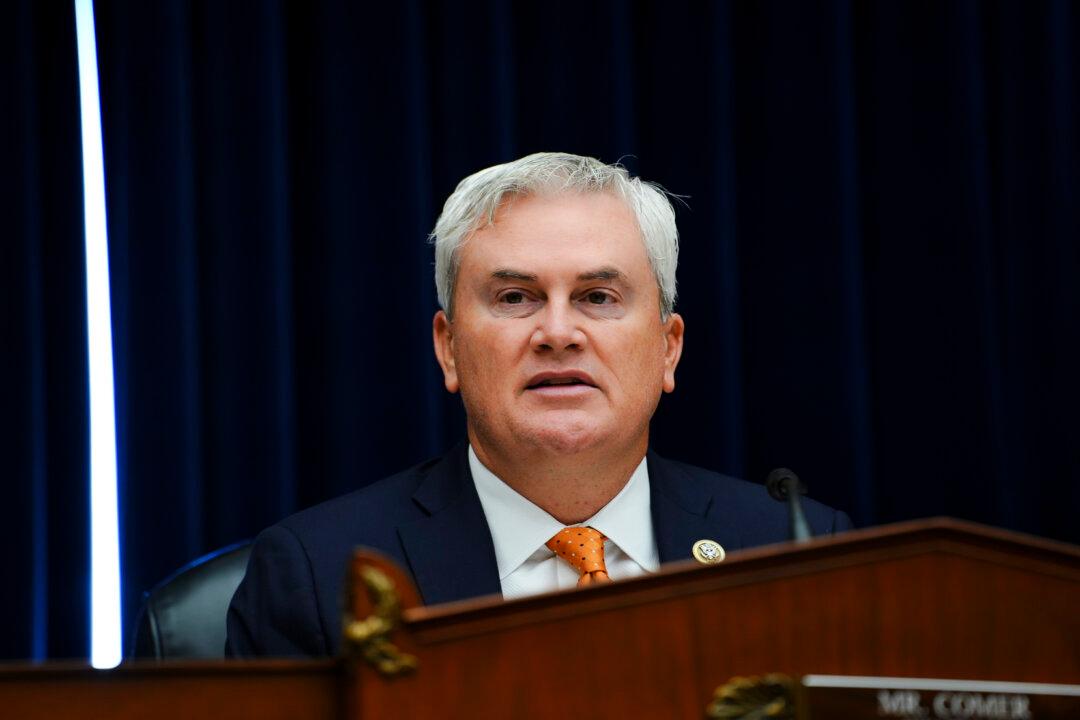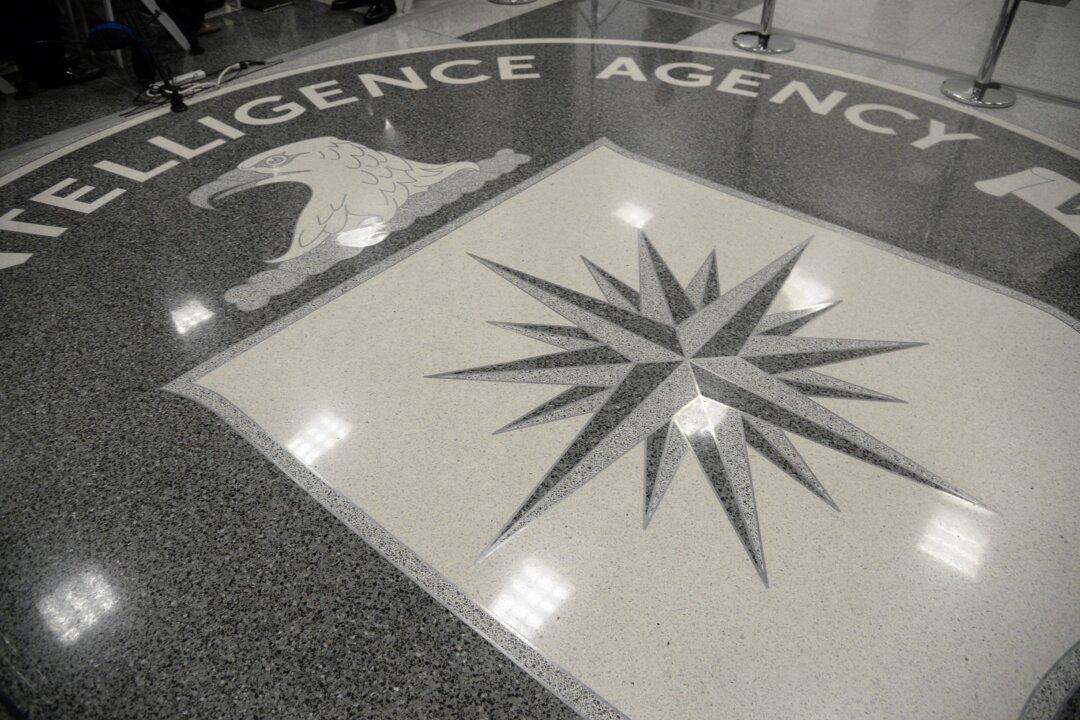The Republican-led House Oversight Committee is launching a new investigation into whether the IRS is turning a blind eye to potentially unlawful political activity by left-leaning nonprofits.
“The Committee on Oversight and Accountability is investigating substantial political campaigning and lobbying by 501(c)(3) tax exempt entities, and the ability of the Internal Revenue Service (IRS) to identify and enforce related violations of tax laws,” committee Chairman James Comer (R-Ky.) wrote in a letter to IRS Commissioner Daniel Werfel on Feb. 14.





